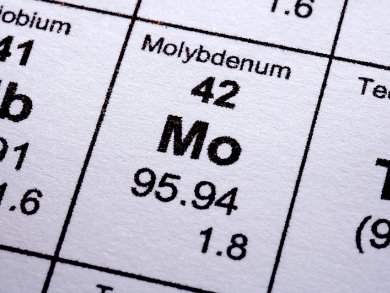Producing hydrogen in a sustainable way is a challenge. Production costs are currently too high for hydrogen fuel cells to be commercially viable. The expense, in part, is due to the cost of the platinum catalysts required for H2 production.
Xile Hu and colleagues, École Polytechnique Fédérale de Lausanne, Switzerland, have discovered a molybdenum-based catalyst that produces H2 at room temperature, is inexpensive and efficient.
The team showed that amorphous molybdenum sulphides are among the most active non-precious hydrogen evolution catalysts. They give quantitative H2 generation at rates faster than other catalysts of the same price. The catalysts are stable and compatible with acidic, neutral or basic conditions in water. This discovery opens up some interesting possibilities for industrial applications in the area of solar energy storage.
- Amorphous molybdenum sulfide films as catalysts for electrochemical hydrogen production in water
D. Merki, S. Fierro, H. Vrubel, X. Hu,
Chem. Sci. 2011.
DOI: 10.1039/C1SC00117E



